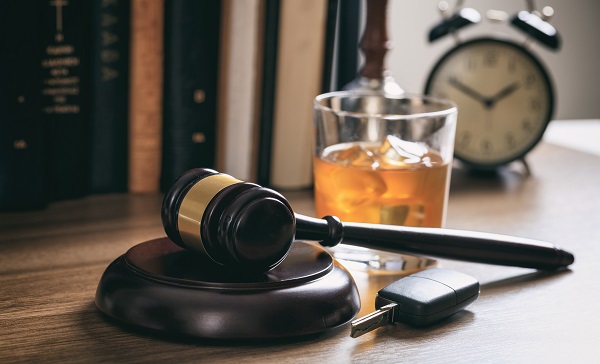Taking the Fifth
The Fifth Amendment to the Constitution states plainly that no one “shall be compelled in any criminal case to be a witness against himself”. Many people call this refusal to testify “taking the Fifth” or “pleading the Fifth”. It is also referred to as the right against self-incrimination. Criminal defendants may take the Fifth in a criminal trial. Rather than testifying, the defendant must indicate his intention not to testify to avoid incriminating himself. His attorney, the prosecutor, and the judge cannot force him to testify. However, if the defendant takes the stand and answers a few questions, then tries to...
Continue reading










